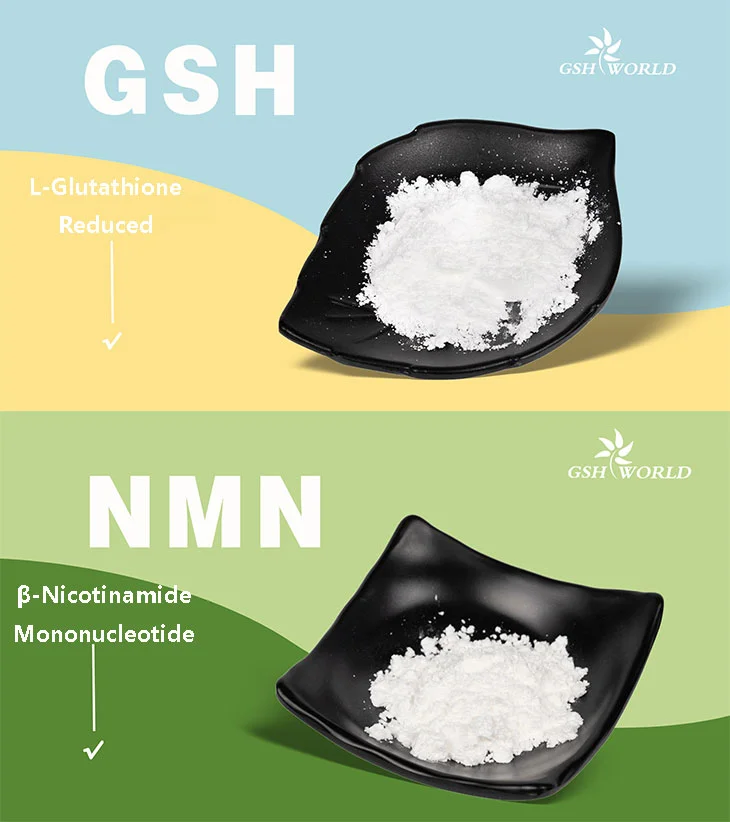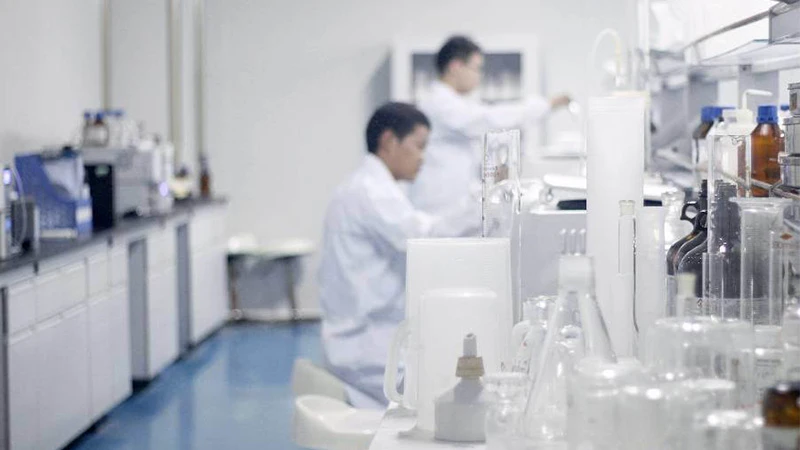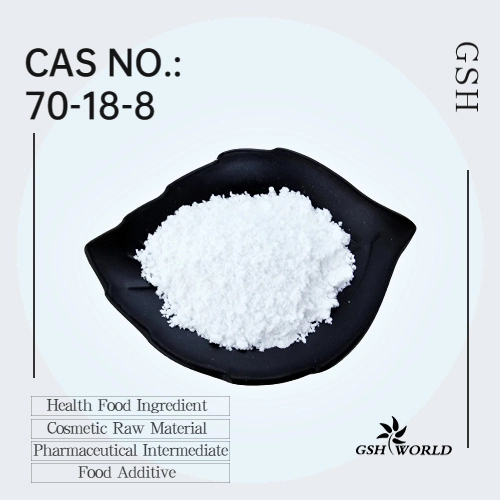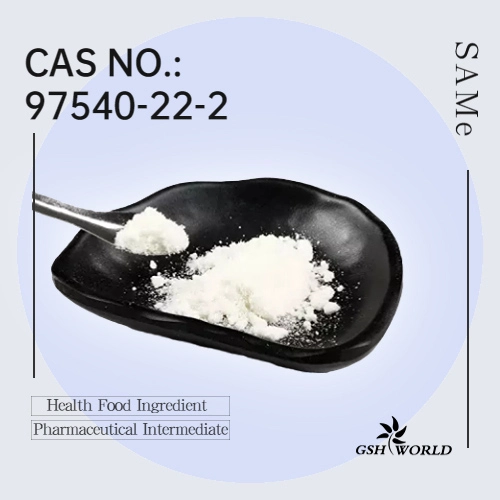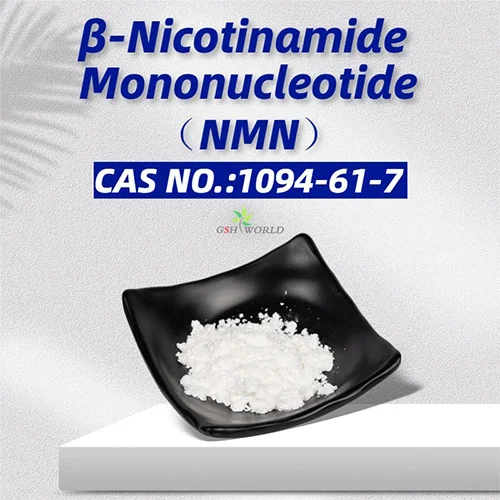Safety and some health functions of NMN
NMN naturally exists in various plant and animal foods, and the content in general foods mostly does not exceed 2 mg/100g. The part of NMN needed by the human body can come from daily food intake, but the intake is generally very small.
Since NAD cannot be absorbed and its deficiency cannot be supplemented through direct intake, supplementing its precursors has become the main way to supplement NAD. Many research results have shown that the deficiency of NAD+ can be compensated by supplementing NMN, and exogenous NMN can be quickly absorbed by the body.
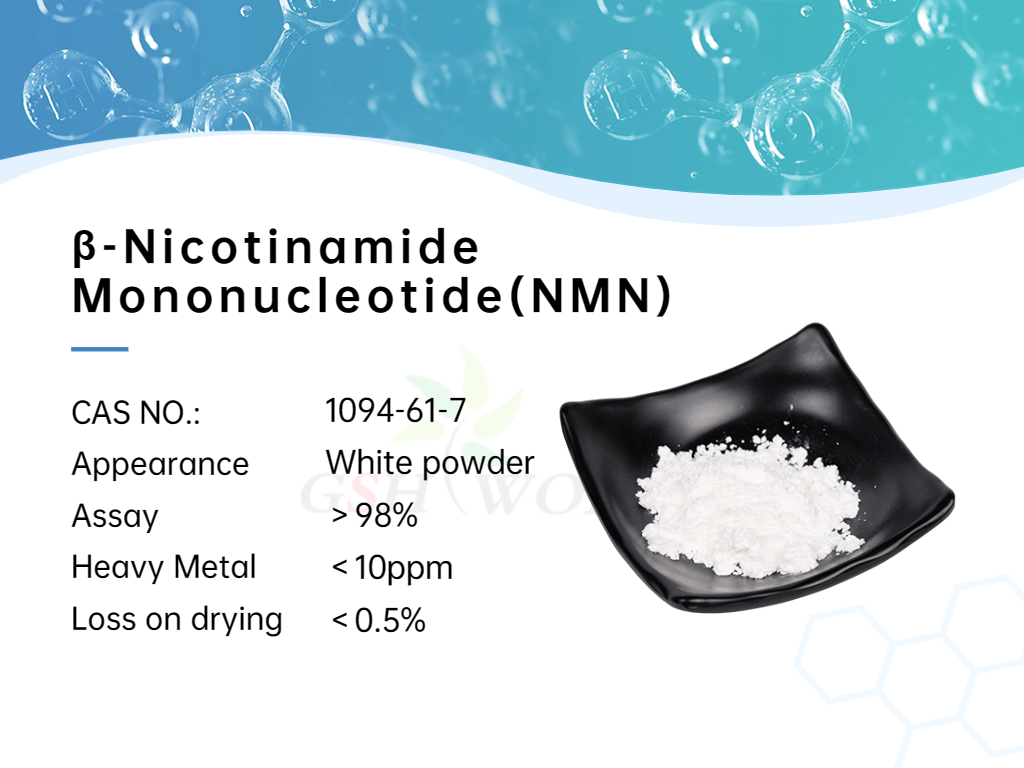
Security of NMN
As the direct precursor of NAD, NMN can play an important role in increasing the NAD content in cells. Mills et al. administered NMN [300 mg/(kg bw)] to mice by intragastric administration, and measured plasma NMN and liver NAD+ levels within 30 min.
Plasma NMN levels rose sharply at 2.5 minutes, reached a peak at 10 minutes, and then returned to the original level at 15 minutes, indicating that it is absorbed very quickly in the intestine. The liver NAD+ level increased steadily within 15-30 minutes.
NMN can be detected in human blood, urine and other body fluids and placental tissue. Red blood cells in the human body contain about 50mg of NMN. Mills et al. administered NMN to mice at a dose of 300 mg/(kg bw d) through drinking water for 1 year without any adverse reactions.
The oral NMN safety study conducted by Irie et al. on 10 healthy Japanese men showed that a single oral administration of 100, 250, and 500 mg NMN did not cause any obvious clinical symptoms or changes in heart rate, blood pressure, oxygen saturation, and body temperature.
Examination revealed no dose-related changes in NMN, and ophthalmic examination results and sleep quality scores were unremarkable.
Some health functions of NMN
Das et al. showed that supplementing mice with NMN improved blood flow and enhanced exercise tolerance in aged mice by promoting a Sirt-1-dependent increase in capillary density.
Clinical trials have found that the concentration of coenzyme I in the blood will decrease during intense exercise, and increasing the concentration of coenzyme I in the blood can reduce the inhibition of mitochondrial aerobic respiration caused by oxidative stress, increase electron transfer efficiency and ATP synthesis, and alleviate Examiner fatigue.
Hou et al. established a 3xTgAD/Polβ+/- mouse model that mimics the DNA repair deficiency of human AD, and found that the NAD+/NADH ratio in the brain of the model mice was reduced, and this ratio was reduced after supplementation with nicotinamide riboside (NR). Back to normal.
Sirt-3 activity was increased in the brains of NR-treated model mice, while DNA damage, neuroinflammation, and hippocampal neuronal apoptosis were all reduced. NR supplementation also improved learning, memory, and motor functions in model mice.
Studies have found that NMN supplementation also improves mitochondrial function, neuronal cell death, and cognitive function in rodent models of Alzheimer's disease. Supplementation with NMN also slows apoptosis and promotes energy metabolism in in vitro models of Parkinson's disease.
*Special note - This article is for informational purposes only and cannot replace a doctor's treatment diagnosis and advice. It should not be regarded as a recommendation or proof of efficacy of the medical products involved. If it involves disease diagnosis, treatment, and rehabilitation, please be sure to go to a professional medical institution to seek professional advice.
PREVIOUS: Citicoline eye drops are well tolerated
NEXT: Glutathione improves the health of livestock and poultry
by GSHWORLD
GSHWORLD is China Biological API Manufacturer. China NMN Supplements powder suppliers & best NMN benefits raw material Factory.


